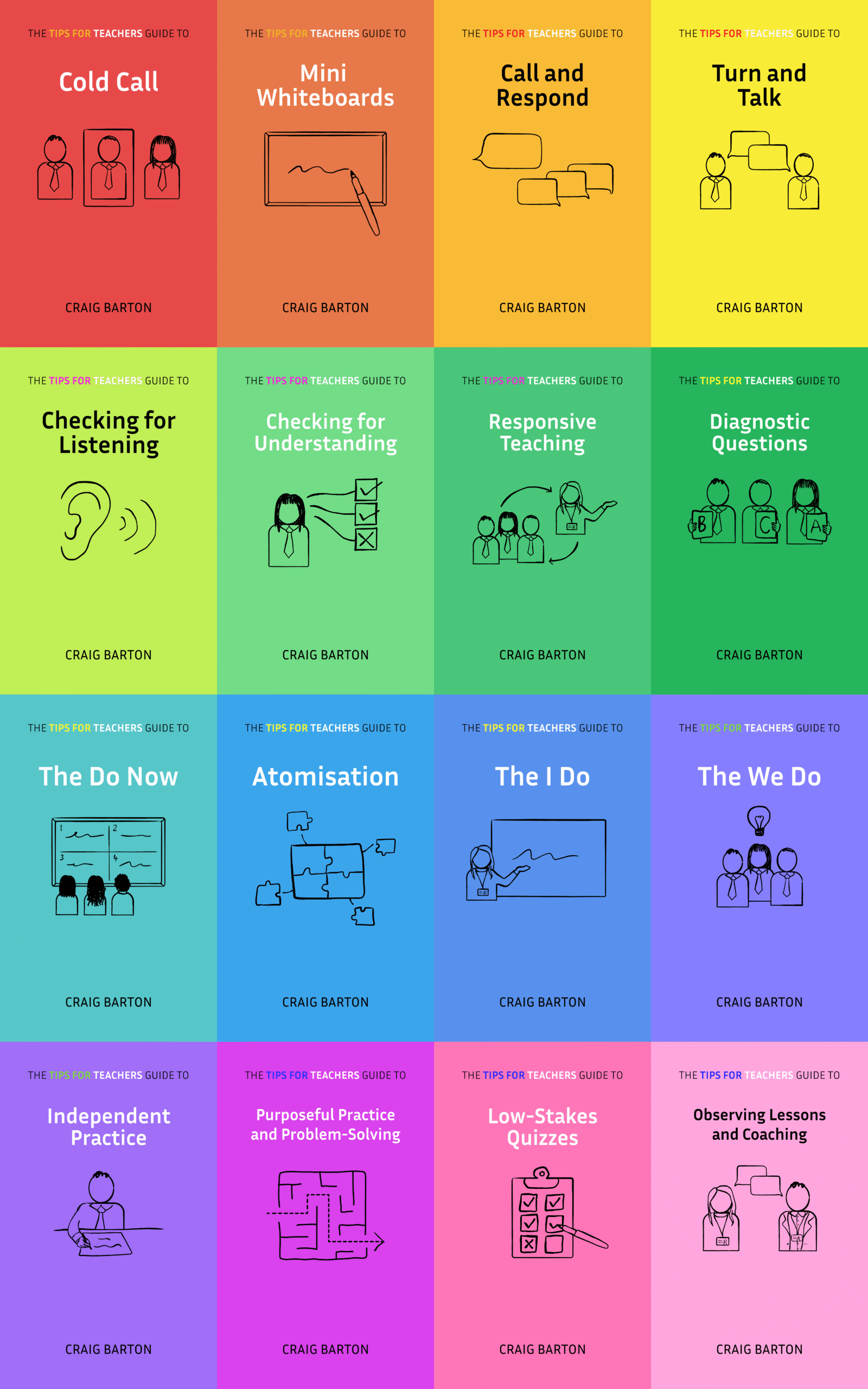
- Title: Effects of initial context processing on long-term memory
- Authors: Alonzo and Fernandez
- Access the original paper here
- Listen to a deep-dive podcast:
Paper summary
This study examines the effect of environmental context on memory recall in three experiments. Participants learned a list of words in one room and were tested in either the same room or a different room. The researchers manipulated the retention interval between learning and testing to see if this impacted memory performance. They found that memory recall was better when the testing environment matched the learning environment, but only when the retention interval was longer. The authors also found that when participants were instructed to pay extra attention to the learning environment during encoding, their memory recall was better when the testing environment was different from the learning environment. The findings suggest that environmental context plays a significant role in memory recall, particularly when retention intervals are long, and that actively encoding contextual information can enhance memory performance in unexpected ways.
What are the key implications for teachers in the classroom?
- The classroom environment can significantly impact students’ memory and recall abilities, especially over longer periods. This means that teachers should consider the classroom environment as an important factor in student learning.
- Students who do not pay close attention to the learning environment may experience poorer recall when tested in a different environment. To combat this, teachers may want to encourage students to pay attention to their surroundings and create a more engaging and memorable learning environment.
- Students who engage in detailed processing of the learning environment, such as sketching the room, may demonstrate better recall even when tested in a different environment. Teachers could incorporate activities that encourage students to interact with the classroom environment in a meaningful way. For instance:
- Ask students to draw a map of the classroom.
- Have students create a diorama of a historical event.
- Encourage students to rearrange the classroom furniture for group projects.
- Returning to the same physical environment where learning took place can help students recall information, especially if they haven’t engaged in detailed processing of the environment. Therefore, if feasible, keeping students in the same classroom for both learning and testing could be beneficial.
- However, returning to the same physical context may not always be the most effective approach, especially if the student has created a rich mental representation of the learning environment. Teachers should be aware of this potential nuance and consider individual student learning styles and preferences.
The sources do not discuss specific pedagogical techniques related to classroom design or layout, so you may want to independently research best practices in those areas.
Quote
Ultimately, what we are seeing here in relation to context and memory is that, firstly, under conditions of non-detailed processing of the context in which an experience takes place, only returning to that place with the consequent physical reinstatement of the place facilitates recall. Secondly, if the processing of the context in which an experience takes place is more extensive, this processing protects recall from the effects of a change in environmental context.








